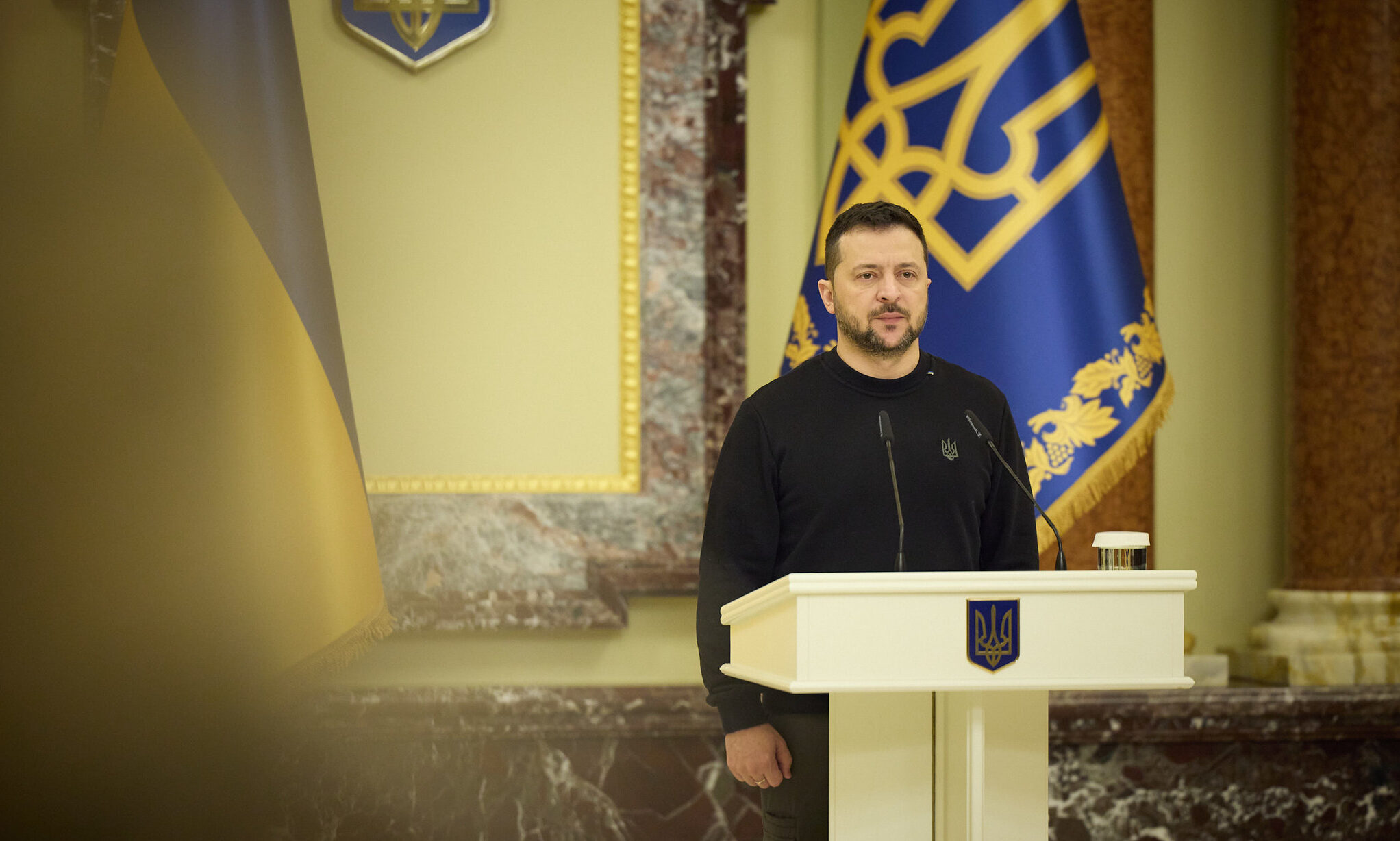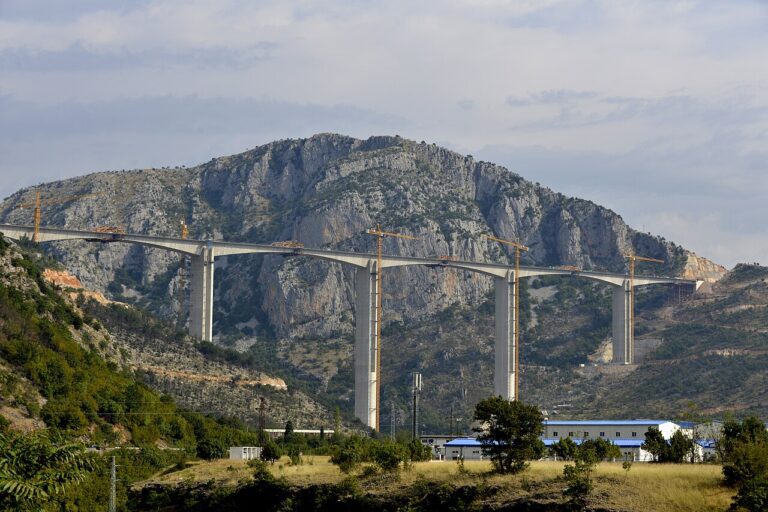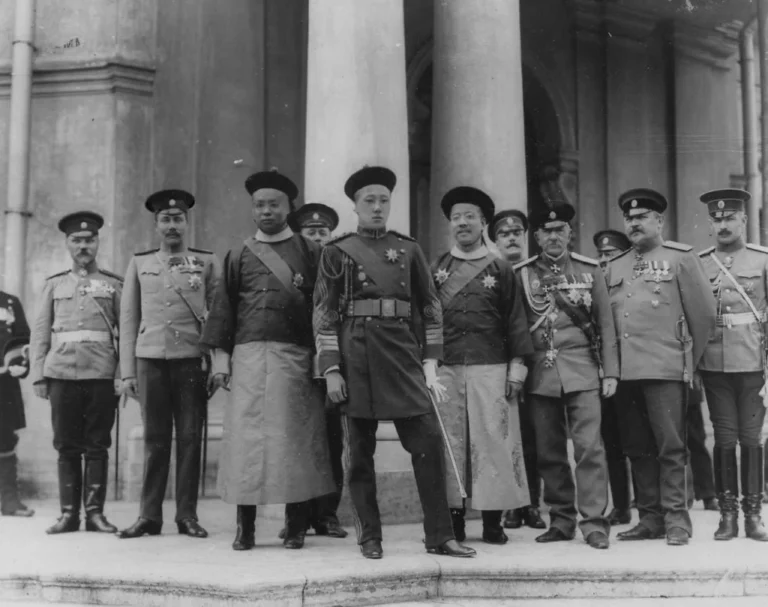
The second year of Russian aggression against Ukraine further strengthened the Russian-Chinese partnership and dispelled the illusions of the Ukrainian authorities that they could win China over to their side. Unlike Moscow, Kyiv is very limited in its ability to attract Beijing. Moreover, international sanctions and the isolation of Russia allowed China, which hides behind false “neutrality,” to become a beneficiary of this war.
Chinese Resistance to Pressuring Russia
Undoubtedly, Russian aggression against Ukraine has put Beijing in a diplomatic tightrope between “friendship without limits” with Moscow and the desire to preserve its crucial economic relations with the US and the EU. In February 2023, under pressure from the West, primarily European countries, Beijing proposed its 12-point “China’s Position on the Political Settlement of the Ukrainian Crisis.” In April, Xi Jinping spoke with Volodymyr Zelenskyy for the first time in 14 months from the start of the full-scale invasion. As a result of the negotiations, Ukraine sent an ambassador to Beijing, filling a vacancy of more than a year. China also dispatched a special envoy to Ukraine to discuss ways to settle the war.
However, Li Hui’s visit to Ukraine, Russia, and several European countries showed that China is not ready to invest its diplomatic capital in solving the Russian-Ukrainian conflict. Beijing’s short-term diplomatic activity was mainly related to the desire to improve relations with European countries and earn additional points in the eyes of the Global South as a peacemaker and global promoter of stability. The Chinese “peace initiative” did not find substantial support from any of the parties, marking the end of Beijing’s peacemaking efforts for now. Still, the Chinese authorities continue to insist that, in their “own way,” they are contributing to the search for a peaceful solution to what they call the “Ukrainian crisis.”
Both Ukraine and the EU were, and to some extent still are, convinced that global instability is not in China’s interests and have thus tried to convince Beijing to influence Russia’s actions. However, the Chinese leadership sees the current situation as a chance to damage the position of the West, primarily of the United States, in the world, at the hands of Russia. Seeing the Russo-Ukrainian war through the prism of its own confrontation with Washington, China has promoted Russian narratives in which it accused the US and NATO of inciting and prolonging the conflict.
On their part, the Ukrainian authorities tried to enlist Chinese support in the implementation of President Zelenskyy’s Peace Formula. The participation of the Chinese representative in the peace summit in Jeddah resulted from the joint efforts of Ukraine and Saudi Arabia. However, this should be viewed mainly as a nod to the Saudis, who had previously agreed to restore relations with Iran through Beijing’s diplomatic mediation. After all, the Chinese representative did not attend the subsequent peace summit in Malta due to a “mismatch” in schedules and was also absent in Davos.
President Zelenskyy’s administration admits that communication with China is “difficult”, but they continue working on improving relations and negotiating over a personal meeting between the two countries’ leaders. However, as the newly appointed Ambassador of Ukraine to China, Pavlo Riabikin, admitted, the establishment of stable and high-quality cooperation at the higher and top levels between Kyiv and Beijing is a complex and long-term process. Meanwhile, Zelenskyy continues to count on China as a force that can help end the war. In his opinion, “Russia will press until the US, together with China, tell it very seriously to leave the territory of Ukraine.”
China Saves the Russian Economy
Today, China is one of the few countries with influence over Russia and Putin personally. In the last two years, it has become an obvious and irreplaceable partner for the Russian economy due to the loss of European markets, which has helped the Kremlin diversify trade and mitigate the consequences of sanctions. In addition, China meets Russia’s critical import needs, assuming the role of a substitute supplier of European goods after the implementation of international sanctions. For its part, Russia provides China with energy resources at an attractive price and has opened opportunities for Chinese businesses to replace Western companies that have left the country. For example, partly due to capturing 55 percent of the Russian automobile market, China became the world’s largest car exporter, overtaking Japan, in 2023.
Trade between the two countries in 2023 reached a record $240 billion. The balanced export-import structure made it possible to increase the share of national currencies in mutual settlements to 92 percent and radically reduce the impact of sanctions on Sino-Russian trade relations. The two powers are not only trying to create a system of trade and economic relations independent of the West but also to attract other states to it (primarily, within the framework of BRICS). If we look at the level of trade between Ukraine and China in the peak period in 2021, it amounted to $18.9 billion, which is not comparable to the potential of Russian-Chinese cooperation.
Before the full-scale war, China was Ukraine’s leading trading partner, and Ukraine served as a major importer of agricultural products to China. In this context, the Ukrainian authorities tried to involve the Chinese authorities in supporting the Black Sea Grain Initiative and condemning the targeted shelling of port infrastructure and grain warehouses regularly carried out by the Russian army. From Kyiv’s point of view, Beijing should be interested in uninterrupted supply and stability of food markets both in China and globally. However, even this lever of influence, which Kyiv hoped it could use to influence China, proved to be ineffective.
Faced with the cessation or reduction of imports from Ukraine, Beijing immediately began to look for alternative sources of supply. Russia came to the rescue. During the Belt and Road Forum in October 2023, Vladimir Putin and Xi Jinping signed the largest-ever, twelve-year contract for the supply of 70 million tons of grain and oil crops worth more than $25.6 billion.
However, China remains the main buyer of Ukrainian grain and other grain crops after the resumption of shipping at reduced prices due to military risks. According to data from the Ministry of Infrastructure, Ukraine exported 15 million tons of grain via the new shipping corridor, 33 percent of which was shipped to China.
Ukraine’s Limited Tools to Influence China
In Ukrainian political circles, there have always been inflated expectations from the prospects of economic cooperation with China, as well as an exaggerated view of the role of Ukraine for China as a vital logistical bridge connecting Europe and Asia. Recently, the Ukrainian authorities have begun to assess Ukrainian-Chinese relations more realistically. There has been a gradual realization that the importance of Ukraine for China is not global, and that in Beijing, Russia’s war against Ukraine is considered through the prism of Sino-American, Sino-European, and Sino-Russian relations.
In addition to economic motives, the current strategic cooperation between Beijing and Moscow aims to reshape the existing world order. The tightening military-technical cooperation between the two countries raises fears that Russia and China are moving closer to forming a military alliance that would pose the greatest threat to the US and its allies in decades. And while China refrains from direct military aid to its northern neighbor, Moscow continues to receive significant quantity of dual-use goods from China, including thermal-optical equipment, ceramics used in body armor, commercial drones and drone parts, assault rifles, bulletproof vests, etc.
In light of these developments, the National Agency for the Prevention of Corruption of Ukraine included a number of Chinese companies in the list of international sponsors of the war, including Xiaomi Corporation, China State Construction Engineering Corporation, and China’s three largest oil and gas companies – China National Offshore Oil Corporation, China Petrochemical Corporation, China National Petroleum Corporation. Alibaba Group Holding Limited was included in the list not only because it continues to work in Russia, but also enables the use of its platforms for the sale of copper exported from the occupied Ukrainian territories, and censors Ukrainian content on its platforms. Another Chinese company recently added to the list of war sponsors, Shandong Odes, exported more than $19 million worth of spare parts for ATVs and all-terrain vehicles to the Russian military. The list continues to get longer.
Ukraine’s Ambassador to China, Pavlo Riabikin, admitted that Ukraine cannot influence large Chinese companies operating in Russia. The question of the effectiveness of sanctions, which are unlikely to change the situation, but will certainly create difficulties in the further development of bilateral political dialogue with China, remains open.
Beijing, predictably, reacted with indignation to the inclusion of Chinese companies to the war sponsors list. In response to the listing of one of the largest state-owned companies, China Railway Construction Corporation, Chinese Foreign Ministry spokesman Wang Wenbin noted that “We strongly oppose [the move] and demand that the Ukrainian side immediately corrects its mistakes and eliminate the negative impact.”
The longer the war drags on, the more pronounced the differences between Ukraine and China will become. It is becoming increasingly difficult for Beijing to hide behind “neutrality,” and for Kyiv to ignore the fact of indirect aid that enables the Kremlin to continue its aggression. However, the Ukrainian authorities lack the means to influence the ties between Russia and China, and there are also fears that in the case of a deterioration of ties, Beijing may even start providing direct military aid to Russia. Therefore, Kyiv keeps trying to look for opportunities for dialogue with Beijing, not giving up on the hope of involving China, with the help of European and other partners, in the process of establishing just and lasting peace. However, China wants to play by its own rules, which clearly do not coincide with Ukraine’s wishes.
Written by
Nataliya Butyrska
Nataliya Butyrska is an independent expert on East Asia. She is an author of more than 100 analytical articles and reports on the issues of international relations with a special focus on the Indo-Pacific region and Ukraine's relations with Asian countries.


